Veterans Express Concerns About Challenges in Accessing Benefits
In a comprehensive legislative oversight hearing on the operations of the Guam Office of Veterans Affairs, veterans and their advocates gathered to voice their challenges and frustrations regarding the accessibility of federal benefits. This vital discussion aimed to shed light on systemic issues and explore potential improvements in the service delivery to our veterans.
Community Feedback on VA Services
The session, which lasted over five hours, demonstrated a strong community engagement with nearly 50 veterans and advocates in attendance. The discussions revealed a concerning trend: despite local efforts to boost the support system through training and hiring more representatives, many veterans continue to face significant hurdles in filing for and receiving their rightful benefits. These insights from the hearing emphasize the critical need for more effective and responsive VA services.
Veteran Experiences with the VA
Navy veteran Raymond Perez provided a poignant account of his struggles with the VA. Despite his service until 1983, it was not until he faced severe health issues later in life that he sought VA medical benefits. His repeated denials, based on financial qualifications and delayed application, illustrate a disconnect between veteran needs and VA stipulations. This narrative was echoed by Sulinda Adams Fawcett, who spoke about her father, an 86-year-old Air Force veteran. His late denial for disability coverage after 30 years of service due to bureaucratic barriers and lost paperwork highlighted the systemic inefficiencies that plague the application process, particularly for older veterans.
Challenges in Veteran Assistance
Tanya Eubanks, a veterans service representative, described the overwhelming demand for services and the strain it places on the limited number of accredited representatives. With only five accredited reps available, Eubanks manages an average of 10 in-person and 20-25 remote consultations each week—a testament to the inadequate resources available to address the needs of Guam’s 24,000 registered veterans. This gap between the demand for services and the available support underscores the pressing need for increased staffing and better resource allocation.
Administrative Inefficiencies and Lack of Follow-Through
The hearing also brought to light significant administrative challenges, particularly in the follow-through of training programs for VA-accredited representatives. Despite a $40,000 grant allocated in 2021 to train additional representatives, the initiative faltered with no new hires made and many participants left without certification. Veterans Amy Jackson and Corina Ballesta shared their frustration over the unfulfilled promises of receiving essential tools and certificates needed to assist their fellow veterans effectively.
Potential Solutions and Forward Motion
The discussion highlighted the necessity for a more structured and accountable approach to training and hiring within the VA system. Establishing clear timelines, accountability measures, and direct follow-ups could prevent the recurrence of such administrative failings. Additionally, enhancing communication and simplifying the application process can make it more accessible, especially for elderly or less tech-savvy veterans.
Conclusion and Call to Action
The hearing underscored the urgent need for reforms within the VA system to better serve our veterans. It’s clear that while there is a foundation of support, significant improvements are required to ensure that veterans can access the benefits they have earned. The active participation of the veteran community and ongoing engagement with legislative bodies are crucial to driving these changes. Moving forward, a commitment to transparency, efficiency, and responsiveness will be key in rebuilding trust and providing veterans with the support they desperately need.
Frequently Asked Questions (FAQs)
What are the common reasons veterans are denied VA benefits?
Veterans can be denied VA benefits for various reasons including not meeting service requirements, insufficient medical evidence linking a condition to service, high income levels, or missing documentation. It’s crucial for veterans to understand these criteria and seek guidance when preparing their applications.
How can veterans appeal a denial of benefits?
If a veteran’s claim is denied, they can file a Notice of Disagreement with the VA. This notice should be submitted within one year of the decision. The appeal process may involve several steps, including a review by the Board of Veterans’ Appeals. Veterans are encouraged to seek assistance from a Veterans lawyer during the appeal process.
What resources are available to help veterans navigate the VA benefits application process?
Veterans can seek help from VA-accredited representatives, who are trained to assist in filing claims and understanding the VA’s requirements. Other resources include local Veterans Affairs offices, veterans service organizations, and legal clinics specializing in veterans’ benefits.
How long does it typically take to process a VA benefits claim?
The processing time for VA benefits claims can vary widely, typically ranging from a few months to over a year, depending on the complexity of the case and the current backlog at the VA. Veterans can check the status of their claim through the VA’s website or by contacting their VA representative.
Are there any recent changes to VA benefits that veterans should be aware of?
VA benefits and policies can change due to legislative updates, shifts in federal policy, or changes within the VA itself. Veterans should stay informed through the official VA website or through veterans advocacy groups to understand any new benefits they might be eligible for or changes to the application process.
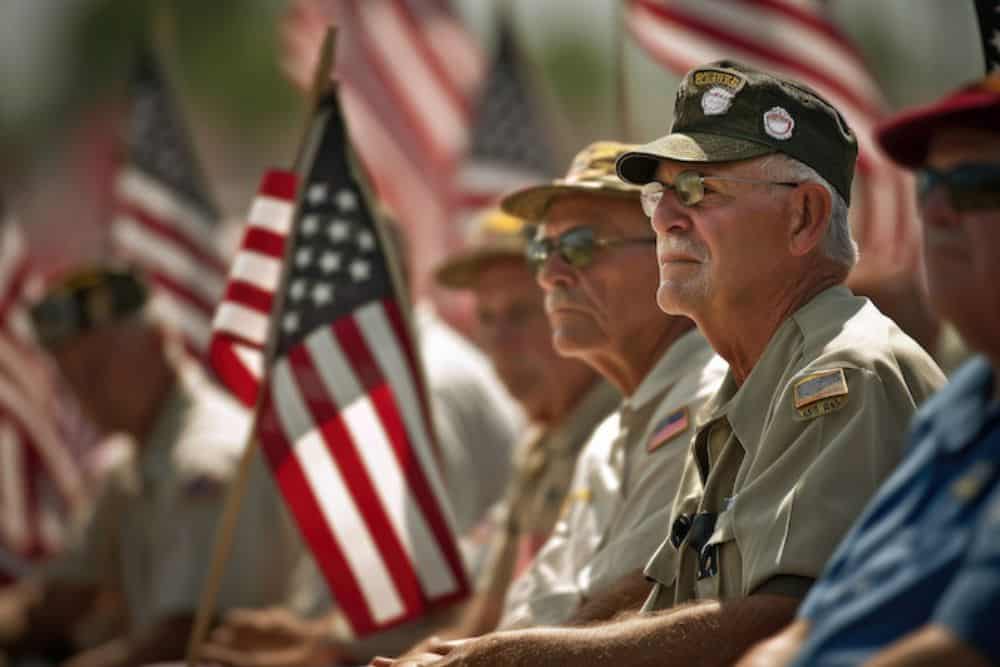

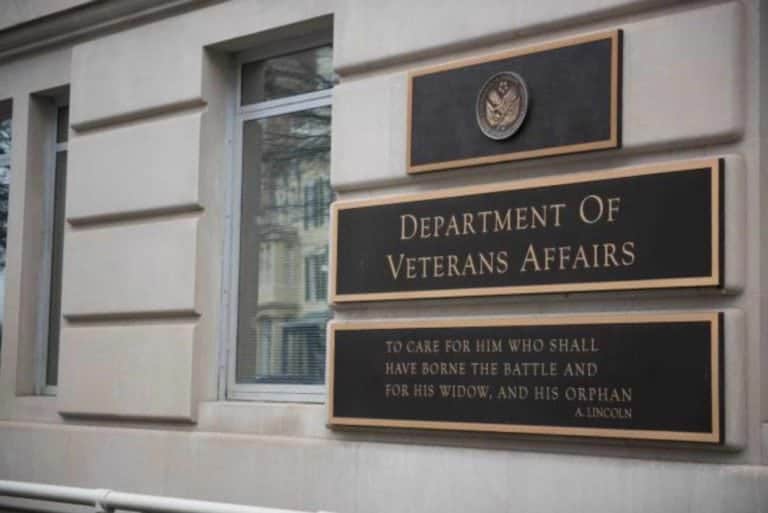
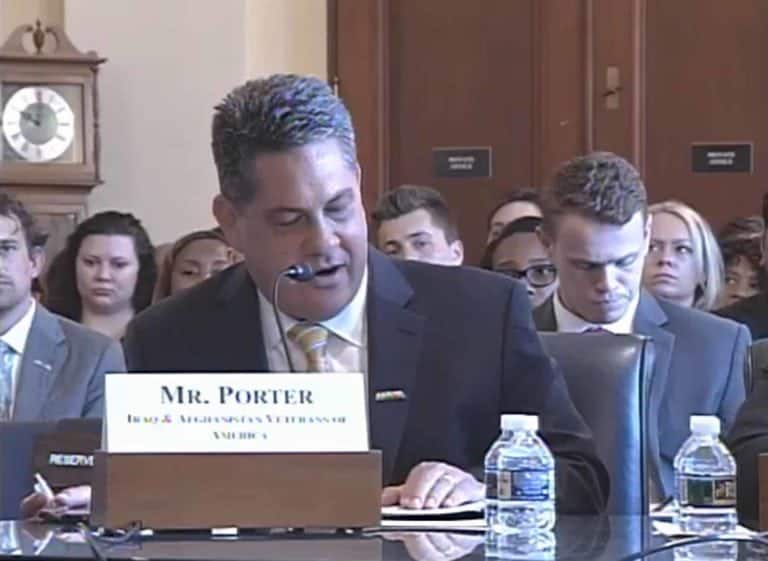
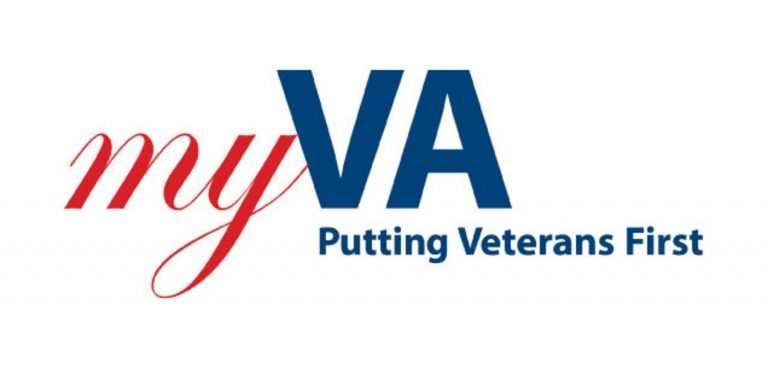
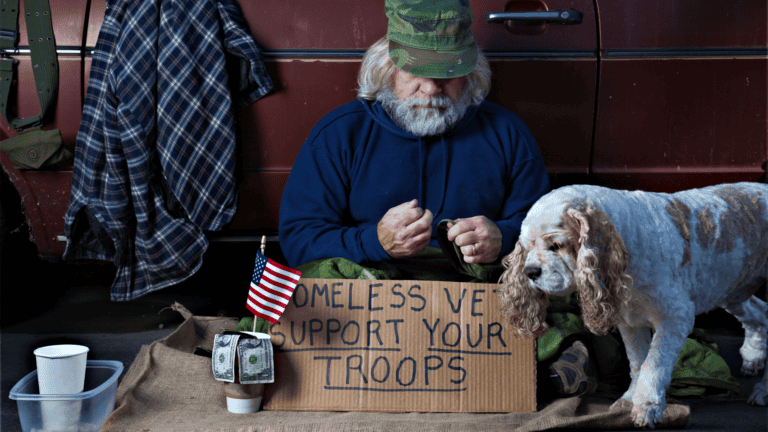
There’s six people in between you and veterans healthcare and benefits…if only one says no you’re fked. They hail this as a successful democratic system. The whole mental health care system at VA is in shambles because of this kind of thing. It’s only good for emergency inpatient care if that. That comes with consequences too. Regular visits to them may only result in labels and dehumanization if you’re behavior has ever been inappropriate. Time to hold those people accountable and let veterans in on how some at VA really view people. They’ll let anyone work there, and sadly, anyone with a degree in anything else but psychology would probably do a better job.